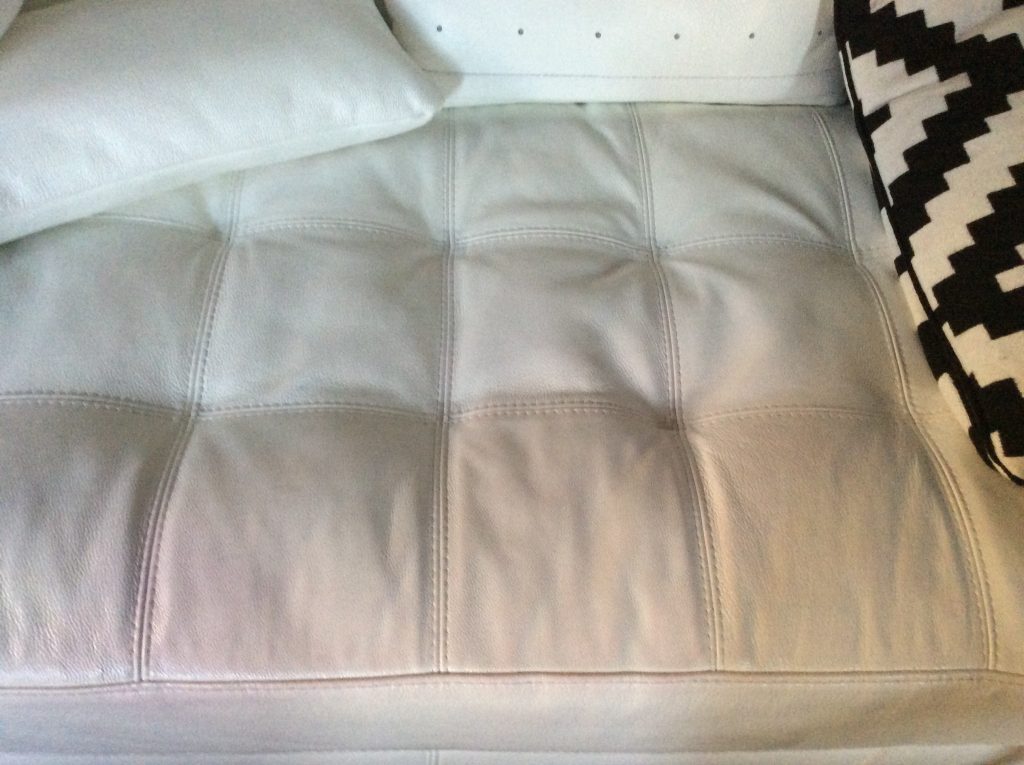
London: Automated call centres, mobile phones and computers crashing top the stress scale of modern life, say a new report from health charity DPP: Developing Patient Partnerships (DPP).
In response, over a third of men (34%) turn to alcohol and a quarter (25%) of the population resort to cigarettes to help them feel less stressed, says the report. It also highlights the confusion around what stress actually is. Many people (68%) think stress is simply having a bad day’ and 57% see it as having too much to do. Many (64%) wrongly believe that stress itself is an illness.
The report, part of the DPPs Dealing with Stress campaign, provides a stark insight into how stressed we all feel, how stress is misunderstood by the UK population and our failure to adopt effective coping mechanisms.
DPP Spokesperson Dr Rosemary Anderson says: Considering that most people (79%) believe they have been stressed in the last year, it is worrying that they are seeking solace in alcohol and cigarettes when there are many positive things that people can do to help themselves cope plus feel better in the long term.
Its findings are confirmed by City health professionals who say there are growing number of highflyers, whose inability to cope, particularly with competitive stress in the workplace, is causing them to seek professional help for problem drinking.
Don Serratt, a former merchant banker in the City, founded Life Works, a mental health and addiction treatment group after his own decent into alcoholism. He has not had a drink for 20 years and now helps others do the same.
He says: “A work hard / play hard culture has always been associated with the City. Commerce is aggressive and individuals working in the field have to “let off steam”. Whilst a casual drink doesn’t pose a problem, the issues of binge drinking and turning to alcohol as the main stress release mechanism are prevalent. When this spirals out of control, addiction can result – causing financial problems, health issues and damaging relationships.
There’s also the associated issue of professional derailment – the under-performance of senior professionals in industry as a result of mental health issues. The important thing in both circumstances is to identify a potential problem early and intervene. Clinical experience shows that the sooner appropriate treatment is put in place, the faster and more effectively an individual recovers. Friends, colleagues and families shouldn’t wait for a person they are worried about to hit rock bottom. If they have a gut feeling that something isn’t quite right, the slightest suspicion, then get it checked out.
Georgia Foster(pictured), a clinical hypnotherapist and stress management consultant treats City patients at the Wren Clinic explores the alcohol abuse in her new book, The Drinkless Mind. In it she highlights the role of the conscious and sub-conscious mind. The rationale in the book encourages people to reprogramme the negativity of their unconscious mind. People who drink to excess are usually trying to silence their inner critic because they are unable to turn off this negative voice. She labels this the Radio Crazy phenomenon because you are unable to turn it off.
I believe that the inner critic underpins all anxieties, fears and low self worth. The inner critic is suppressed in most people after a few drinks, and that is why we drink, it could however manifest itself in, aggression, and procrastination. Stress comes in many different shapes and forms. Anxiety and panic attacks are extremely common amongst highflyers. This type of client will believe that they not coping with their lives as well as they should and their demonic inner critic will blame them. Symptoms include sweating profusely in meetings, clammy hands, fear of flying and lifts, which is most of the time claustrophobia or being trapped in their lives. I see a lot of people who have professional/social anxieties about speaking in meetings, taking clients out for lunch and speaking in public.
A common issue is insomnia which indicates that the individual is worried about the past or the future, and tries to rectify the past (which we cant) or predict the future (which can be a negative image) by staying awake to resolve the thoughts. Originally there may have been a real issue that was stopping them from sleeping but it then becomes a habit. Alcohol can often help people to relax enough to sleep, it does however play havoc with the natural sleep pattern. When people try and cut back on the booze they panic that they cant relax enough to go to sleep and the pattern of emotional drinking kicks in.
I also treat many clients who earn ridiculous amounts of money and dont believe they deserve it and live a terrible panic stricken life that they are faking their success, which they are not. They are truly doing the job well but always stressed that someone else will take their job away from them. I respect that this maybe true in certain situations but once again can also be a self fulfilling prophecy. Self-help with some of these issues is very difficult for most people, and often, despite a desire to change certain behaviours, many people dont really want to do the work to change, enough. Until that is, they literally have had enough.
One of the reasons for all this is that we are educated in this society to avoid exposing vulnerabilities to the outside world, which means all stress and emotional issues become buried within. Ultimately this has long term health effects but along the way we are given many signs such as the above symptoms. If we dont feel safe simply because we have been taught to keep quiet about our problems we feel lost and alone and resort to gratification of the primitive world, such as consumption of food, alcohol, excessive sex and sleep – which is a sign of depression.
Case study
Jenny (not her real name or job), is a senior IT consultant at a large investment bank and is her mid-thirities. She is an extremely funny person and her role as the social/funny person of the office and also meant being a big drinker. One evening after work she got so drunk which was not uncommon – that the fell down the escalators at Bank tube station, breaking her nose, smashing her glasses and almost loosing an eye. She did not realise this damage until she woke up the next day with very little memory but in some serious pain. She was in shock for days.
Contacts:
Georgia Foster, All Hallows House, Idol Lane, EC3. For copies of The Drinkless Mind and CD cost £17.99 call 0845 660 4396. www.georgiafoster.com
Lifeworks, London, W1 and Woking Surrey. Free phone number 0800 081 0700 and www.lifeworkscommunity.com
DPP: Developing Patient Partnerships Campaign. www.dpp.org.uk



